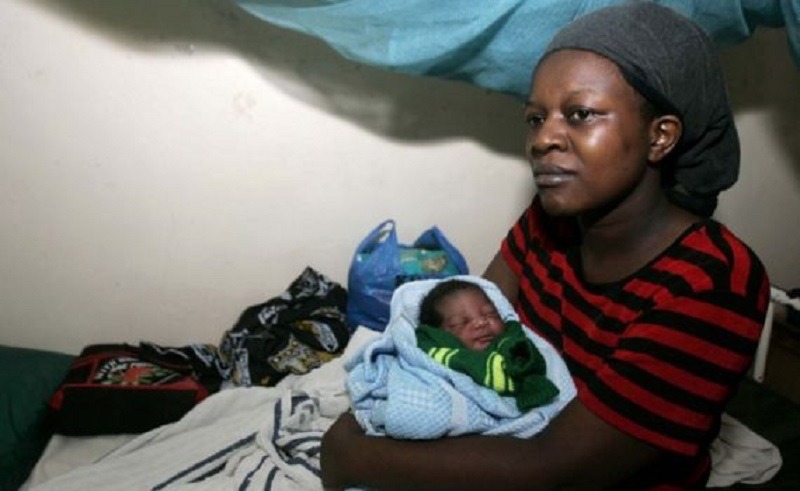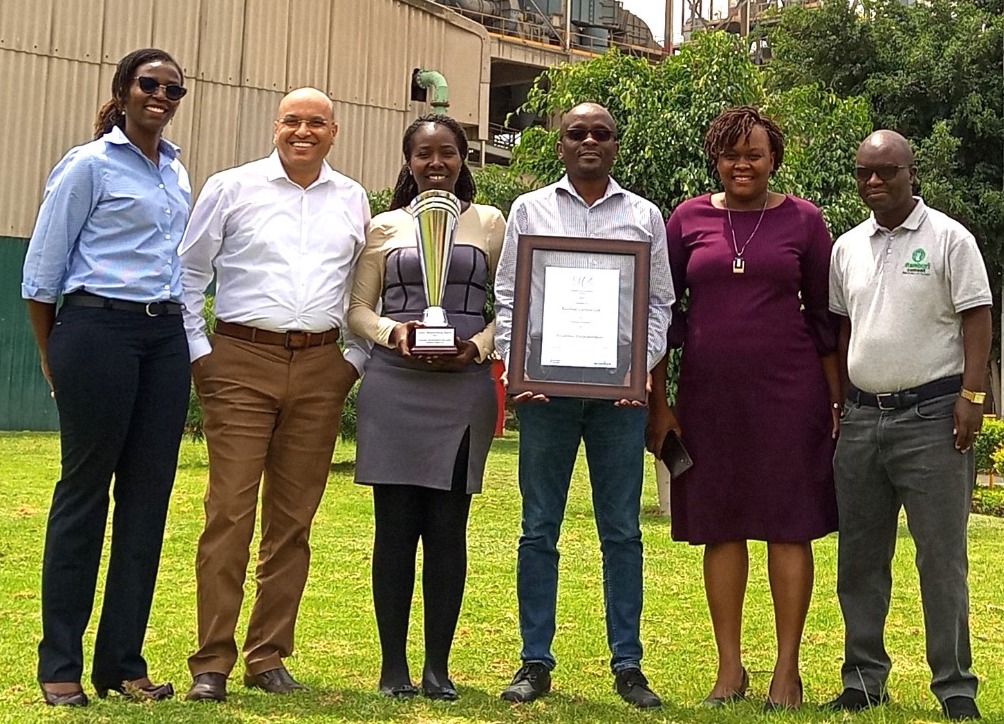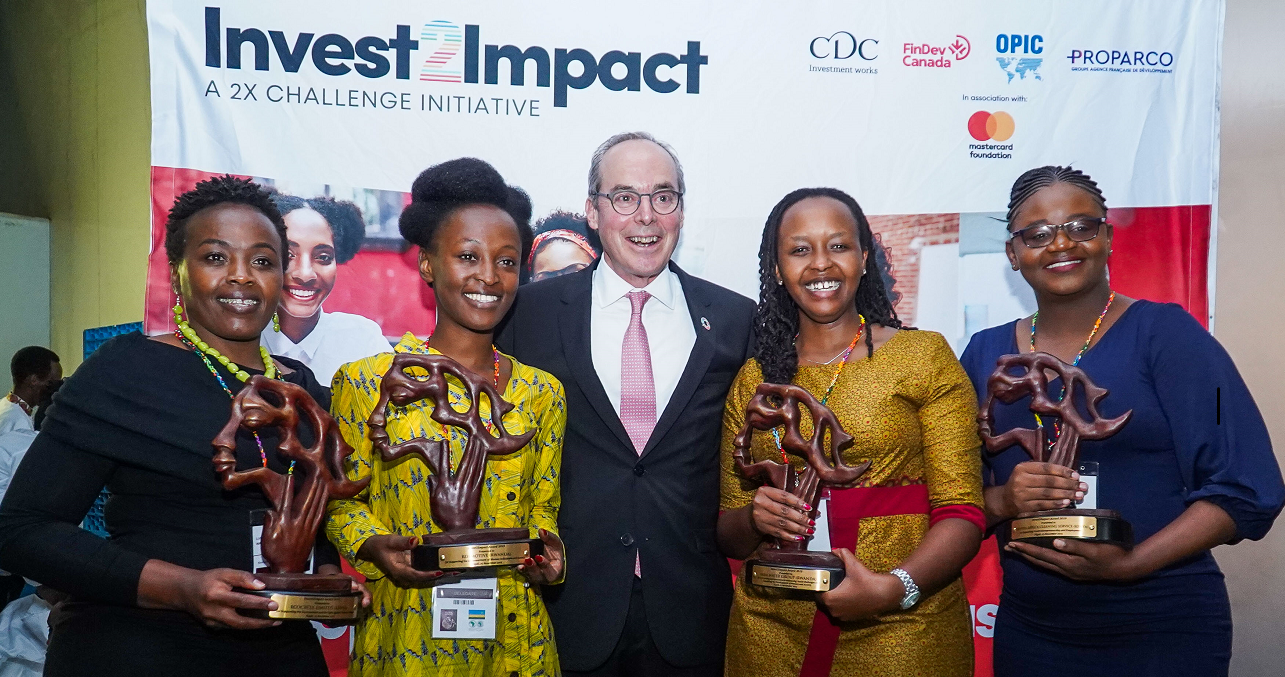[dropcap]L[/dropcap]ast month, I attended the International Family Planning Conference in Kigali, Rwanda, where policymakers from across the world gathered to strategise about ways to achieve a demographic dividend—the increase in gross domestic product (GDP) per capita that comes from having a young and productive labor force driving economic growth that is faster than population growth. I was heartened to be joined by ministers of finance and representatives of the highest levels of government, all of whom agreed that women’s empowerment–which centrally includes access to reproductive health services–-is essential for inclusive, sustainable growth.
This is the imperative of our Human Capital Project: to help countries invest more effectively in their people, to build the human capital that enables people, families and countries to prosper. We are partnering with countries to make larger, smarter, and more strategic investments in their citizens, with the understanding that women’s empowerment and access to reproductive health services is central to this agenda. We believe that there can be no sustainable economic growth without women’s empowerment, and there can be no women’s empowerment without access to comprehensive reproductive health services, including family planning.
Population growth that outstrips economic growth perpetuates the vicious cycle of poverty, disproportionately affecting the poorest families and least educated women. The consequences can be devastating; without adequate nutrition, young children are more likely to be stunted, their brains fail to develop properly, and they’ll be ill-equipped to thrive and succeed. For mothers, the threat is equally pernicious: pregnancy at an early age and with minimal spacing between births is associated with significantly higher risk of maternal mortality.
A woman who can choose when, and how many children to have, can stay in school longer and seize economic opportunities for her family—and her country. Empowering women, while also investing in the human capital of our young people, allows countries to achieve the ‘sweet spot’ of the demographic dividend.
This sweet spot hits when the economy, fueled by skilled, productively employed and healthy workers, grows faster than the population. Research on the experience in East Asia shows that countries that achieved the much-coveted ‘sweet spot’ have done so with fertility rates of less than four live births per woman.
The evidence is compelling. Botswana experienced fertility rate declines from 6.5 in 1975 to 2.7 today through an approach combining health, education, and economic opportunity. During that same period, its GDP per capita grew from $430 to nearly $7600. We’ve also worked with Bangladesh, Brazil and others to ensure access to reproductive health services. And the results have been dramatic: In Bangladesh, women in villages who had access to family planning reported 40% higher incomes and 25% more physical assets than their counterparts without access.
Across the Sahel, we’re working to improve the availability and affordability of women’s health services and empowerment through the Sahel Women’s Empowerment and Demographic Dividend Project. SWEDD, as it’s known, is engaging political and religious communities, as well as men and boys, and working to provide opportunities for women in countries with some of the highest rates of child marriage in the world. We’re working with partners in government and multi-lateral organizations, with plans to expand further, because we understand that SWEDD provides multi-sectoral solutions to what are essentially multi-sectoral challenges.
Through partnerships and external financing, we support governments on maternal and child health, one of the most important “no regrets” investments a country can make. But a significant funding gap remains, which requires larger and more sustained investments. We therefore also work closely with the Global Financing Facility—an innovative and catalytic financing platform for maternal and child health, which is hosted by the World Bank, and is a key partner for countries in the Sahel. The GFF understands that economic growth in countries with low scores on the Human Capital Index requires that we unlock the potential of women and girls. Just last month in Oslo, world leaders and philanthropists, including from Norway, Canada, and the Bill and Melinda Gates Foundation, committed more than one billion dollars to the GFF in its expansion.
READ: KRA NOW TARGETS HUSTLERS IN NEW TAXATION WAVE
If countries act now, changes over the next few years will have a cumulative impact over the next few decades. The developing world is home to the largest cohort of young people—and young women— the world has ever seen. Let us seize the opportunity to build their human capital by prioritizing their empowerment.











Leave a comment